Sheldon Cooper is one of television's most popular nerds and his obliviousness to social conduct has always been a punchline on The Big Bang Theory. His main characteristics are akin to one of his favorite fictional heroes - Spock. Like him, Sheldon is driven by logic and doesn't understand emotional responses too well which can get on the nerves of not just the other characters, but the viewers as well.
He starts out as a quirky, albeit unemotional and selfish roommate to Leonard but, over the course of 12 seasons, evolves a lot. By the time the show's finale comes around, the changes in his personality are mostly for the better.

From the first time, Sheldon is seen on screen his lack of social skills stands out. This becomes even more apparent when Leonard introduces him to Raj and Howard. However, while Leonard has no option short of finding another place to live, it's his interactions with his neighbor Penny that stand out.
As the season's progress Penny becomes a central figure in his life and, unlike his colleagues, contributes to emotional interactions with him. It is because of his friendship with Penny that he later befriends people like Amy, Bernadette, and even Bert - the geologist.
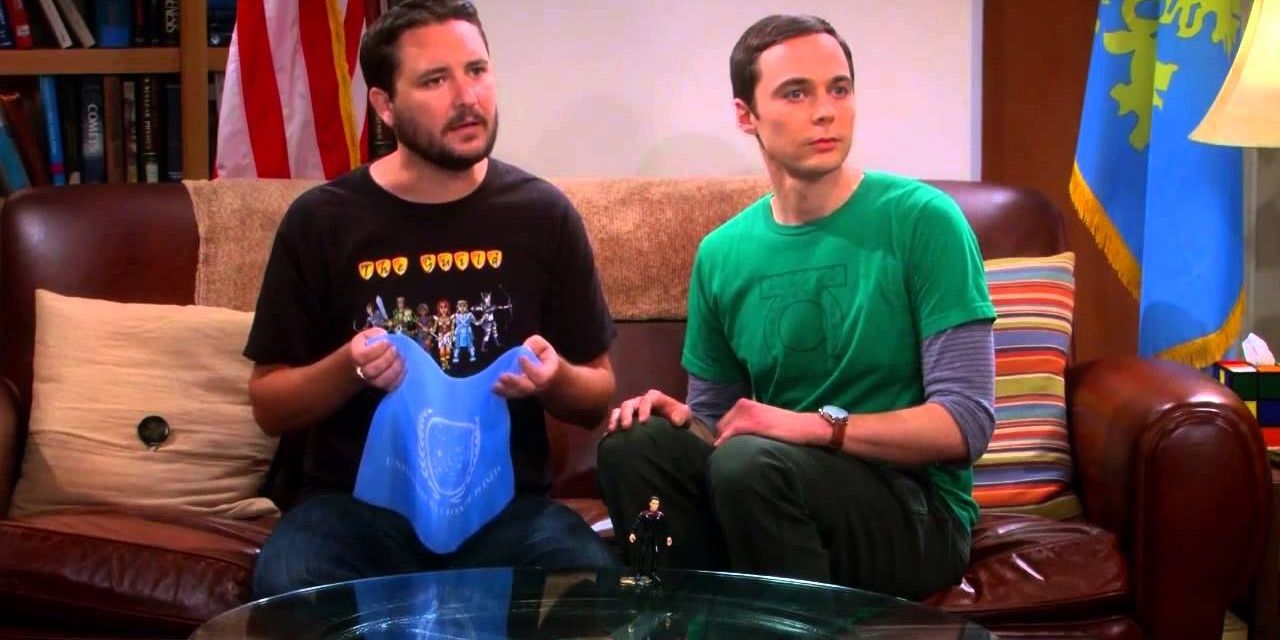
It is common knowledge to viewers that Sheldon is as stubborn as annoying, therefore, if he holds a grudge against someone he will do it with full determination. One of Sheldon's longest grudges is held against Wil Wheaton, whose appearances are some of the most iconic scenes in The Big Bang Theory.
While Sheldon clashes many times with Wheaton he later begins to appreciate their strange friendship-rivalry, eventually makes peace with him in season 5, a feat that neither the other characters nor the viewers ever thought would take place.
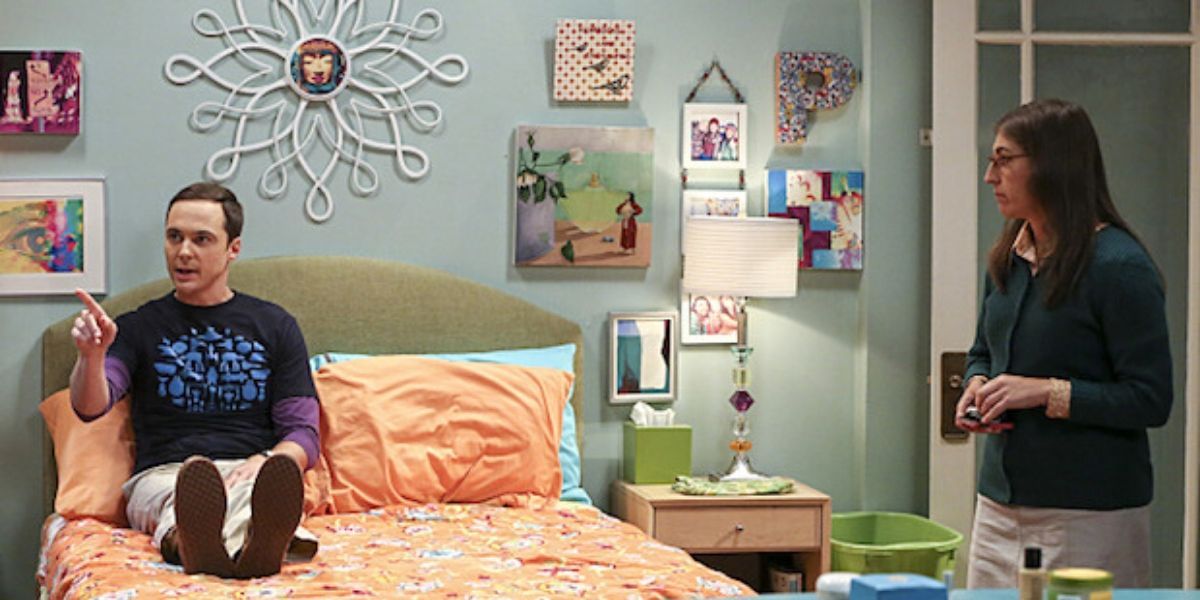
Sheldon starts out as someone who has his day scheduled down to when not only he, but even Leonard, uses the bathroom and any changes can cause him to unravel. He also has a 'spot' that he deems as the place where only he can sit. However, by the 10th season, Sheldon's adjustment to changes becomes apparent when he moves in with Amy and doesn't immediately think about making a 'roommate agreement'.
Moreover, he decides to switch his academic focus to dark matter when he hits a dead-end with string theory. This is a complete shift in his career, something that Sheldon would not have been comfortable with in the early seasons of the show.
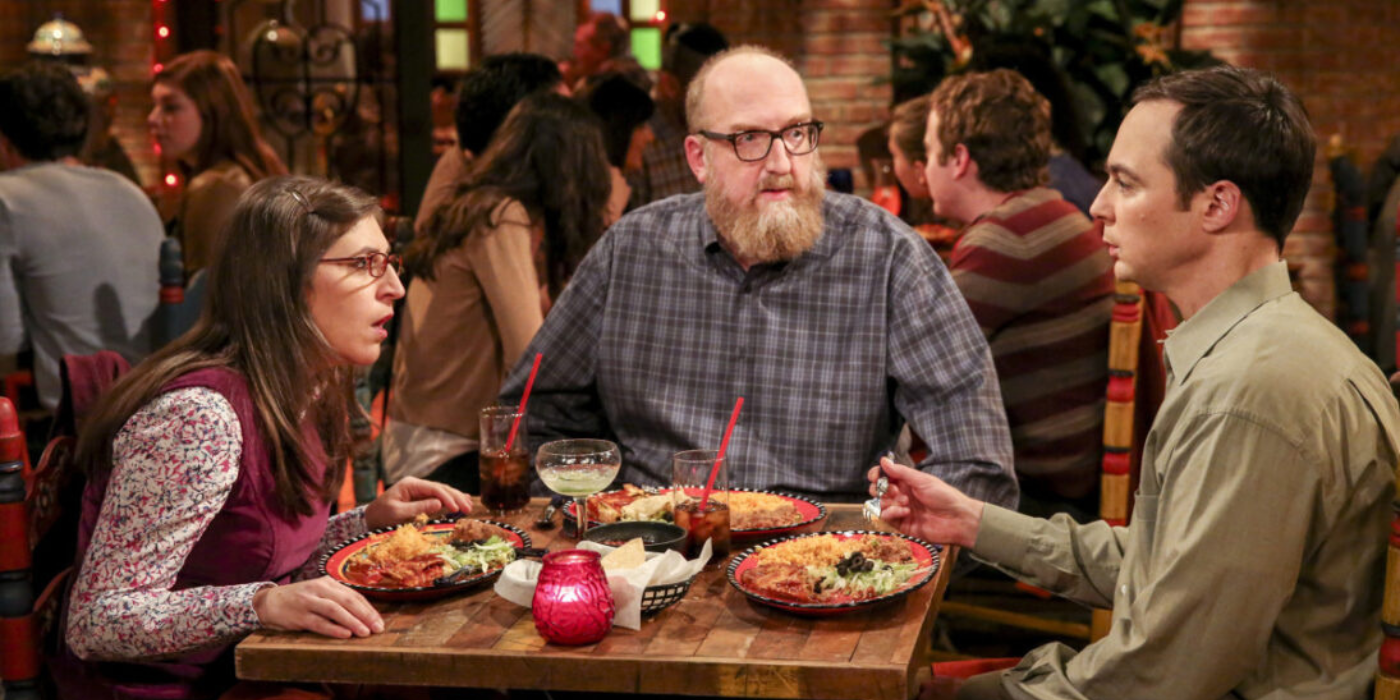
His blunt and narcissistic nature tends to make Sheldon think that only the work he does holds the most merit. This is proved many times when he insults his friends over their choice of professions. However, as the seasons progress there are many glimpses into the fact that Sheldon does, in fact, respect other fields of study - he just doesn't like admitting it.
One such example lies in "The Relationship Diremption" where he, while intoxicated, reads a book on geology and calls Stephen Hawking saying, "You know what's great? Geology!" Another example is seen in season 5 when he tells Howard, though backhandedly, that he thinks he's good at his profession. As he matures, he acknowledges the others skills and their value.
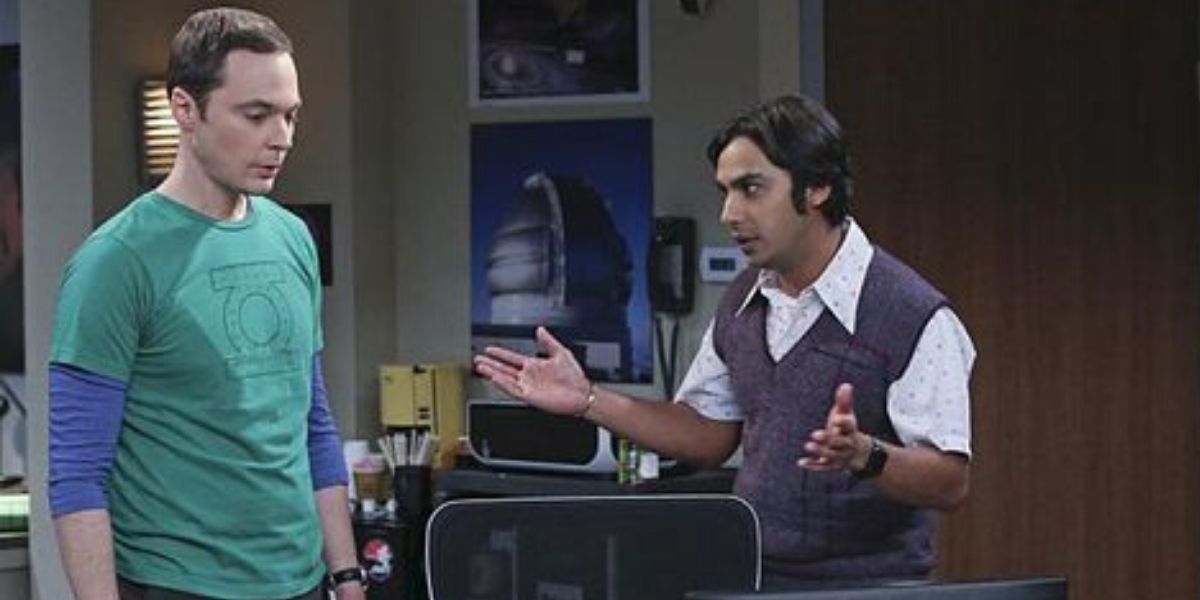
One of Sheldon's biggest flaws is his inability to admit when he's wrong. Time and time again his ego comes in the way in a manner that doesn't allow him to accept that someone else can be right. This very slowly, though very minutely, changes as the show proceeds.
The earliest example of Sheldon admitting to being wrong occurs in season 3's "The Pirate Solution" when he concedes that Raj got the answer to a mathematical problem correct. Though, in a very Sheldon-esque manner, he never outright says that he is wrong but it is implied.

Over the seasons, Sheldon's had a tendency to use everyone around him as a crutch for things he can't - or won't - do with Leonard being his constant crutch. However, there are various examples of how he slowly starts to do things himself, him learning to drive in the 5th season being one such instance.
The biggest show of independence came in season 10 when he moves in with Amy, albeit across the hall from Leonard. While Amy also helps Sheldon out, it is not at the same level as Leonard who due to the lack of backbone almost never said no.
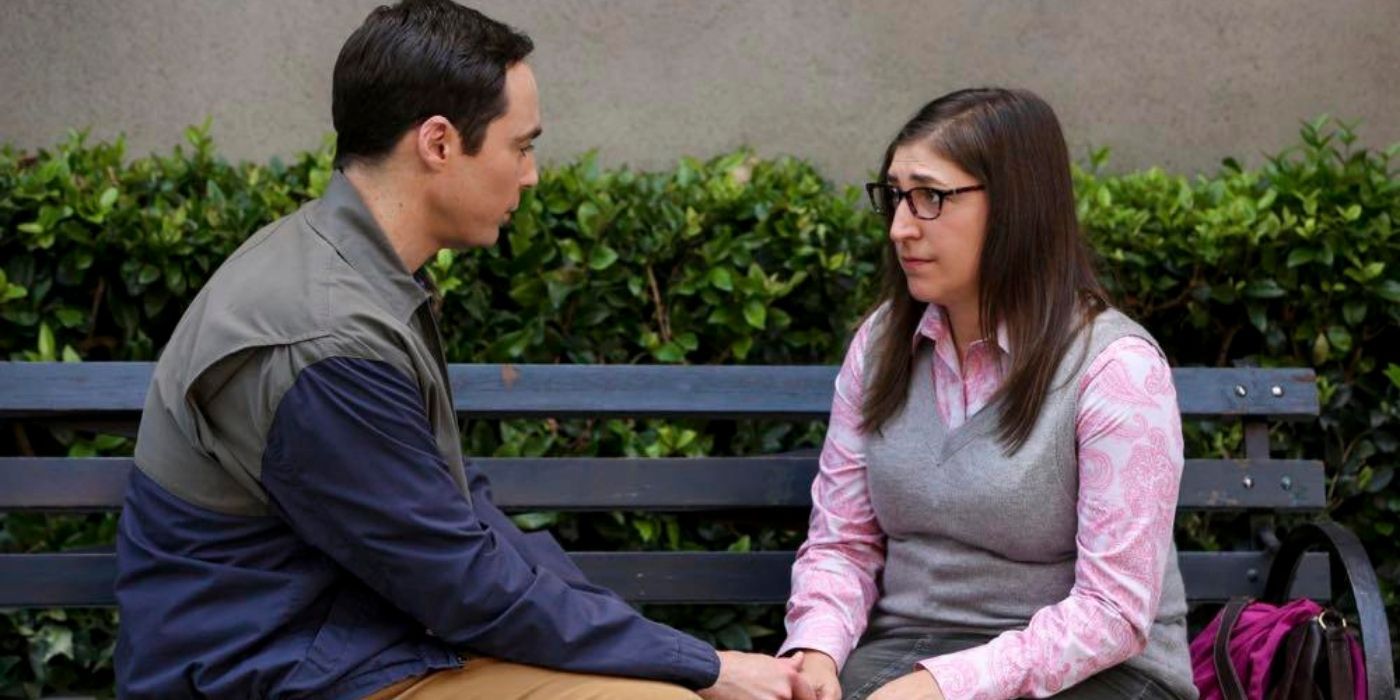
It goes without a doubt that Sheldon has a tendency to think the world revolves around him because of which he rarely thinks about how his actions or words effect others. As the show goes on, however, he begins to pay more attention to his surroundings.
Season 9's "The Empathy Optimisation" is a great episode of learning for Sheldon where, when he doesn't understand why everyone is mad at him, Amy patiently explains how his behavior affected the others. By the end of the episode, he apologizes to everyone he hurt.
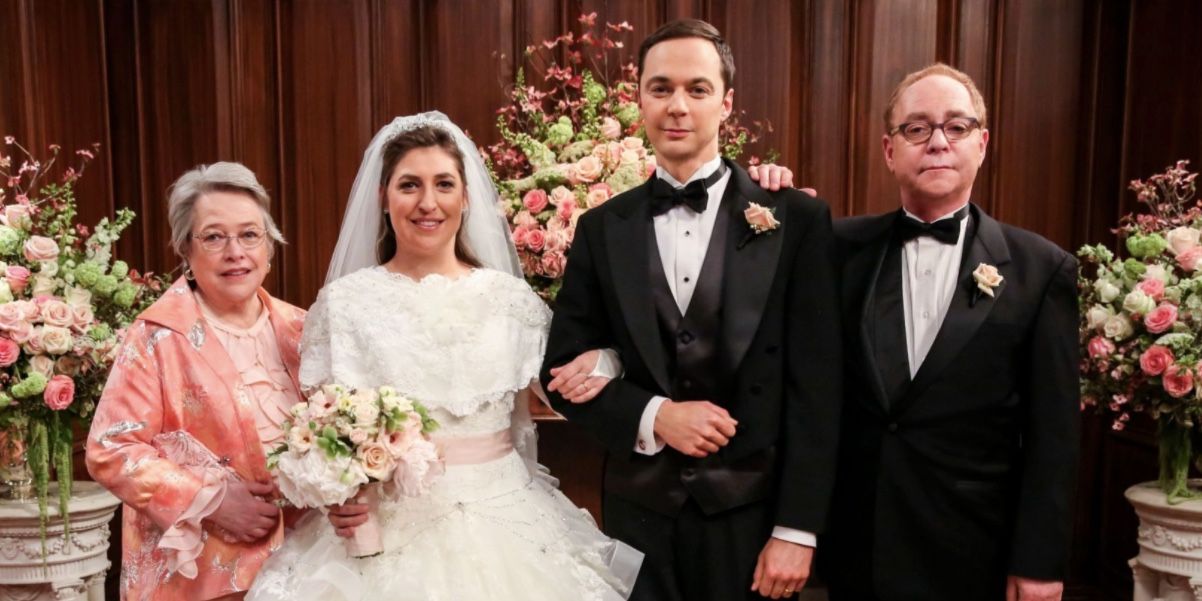
No one watching The Big Bang Theory would have ever thought that they would see Sheldon fall in love. However, not only does Sheldon fall in love with Amy but he also starts getting comfortable with the intimacy that comes with romantic relationships.
From sleeping in the same bed to verbally expressing his love, his relationship is one of the most monumental changes seen with his character. What makes this development even more special is that when he and Amy break up the viewers get to see a rare vulnerable side to Sheldon.

Throughout the show, Sheldon's emotional intelligence steadily increases and one of the main reasons for this is his friendship with Penny. Even though they are extremely different from each other, they share a bond unlike any of the other duos on the show.
Whenever Sheldon doesn't understand emotional responses, Penny is the one to help him make sense of it. It is also Penny who helps him with his relationship with Amy. Sheldon's understandings of emotions, from the first episode to the last, is very contrastingly obvious.
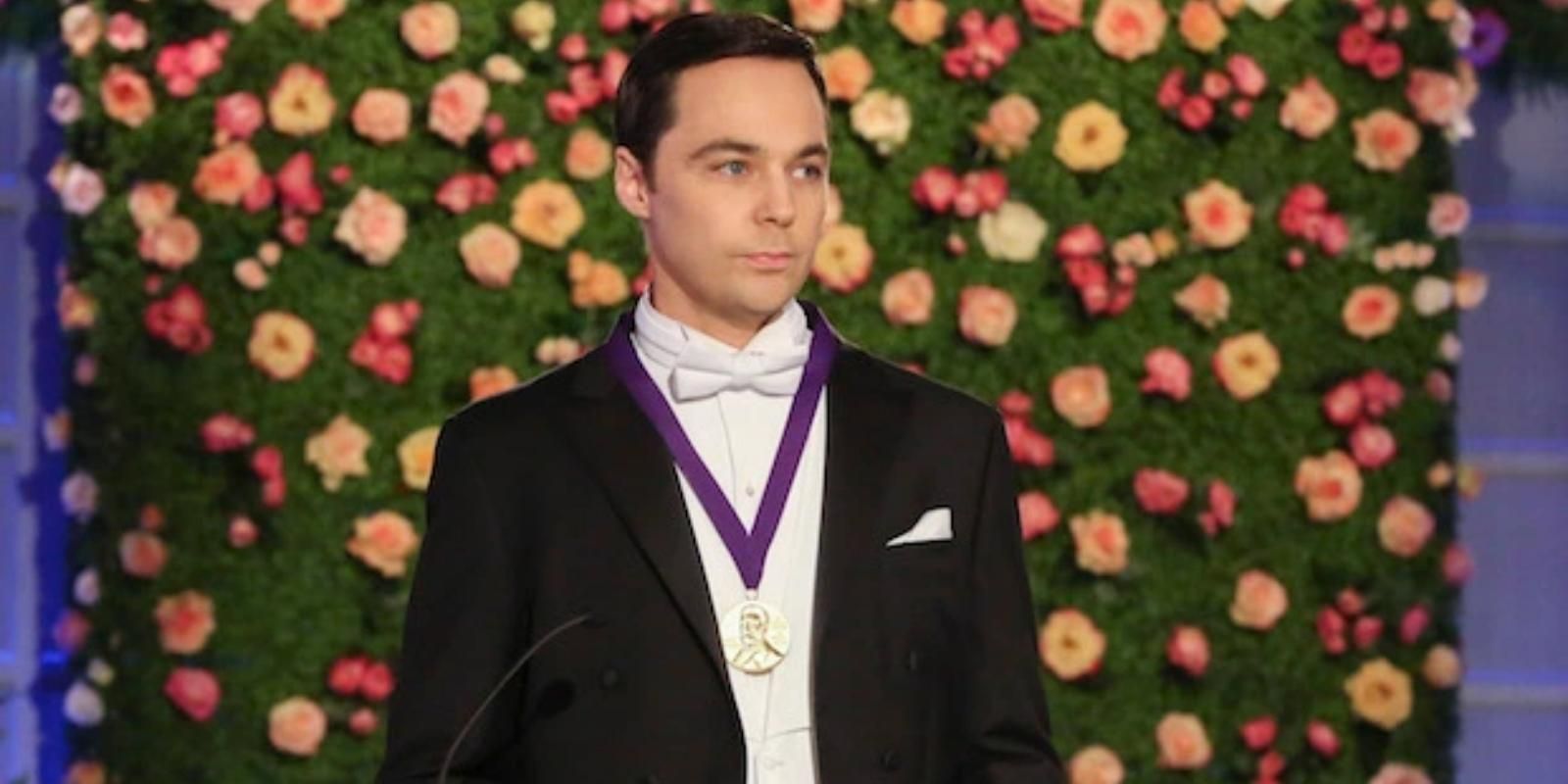
Sheldon's emotional capacity usually keeps him from expressing his feelings to the people he loves and cares about. As Sheldon gets a better grasp on understanding emotions, he also starts to understand the importance of reciprocating them, especially ones that come from a place of love.
Sheldon's complete character arc is visible in the series finale, "The Stockholm Syndrome" where he and Amy receive their Nobel Prize. The episode shows how much Sheldon has grown and matured. In his speech, instead of praising himself, - as he would have done in the earlier seasons - he takes the time to thank his family and friends for always being there for him and supporting him. The 3 minute speech perfectly encapsulates how far Sheldon has come.
Comments
Post a Comment